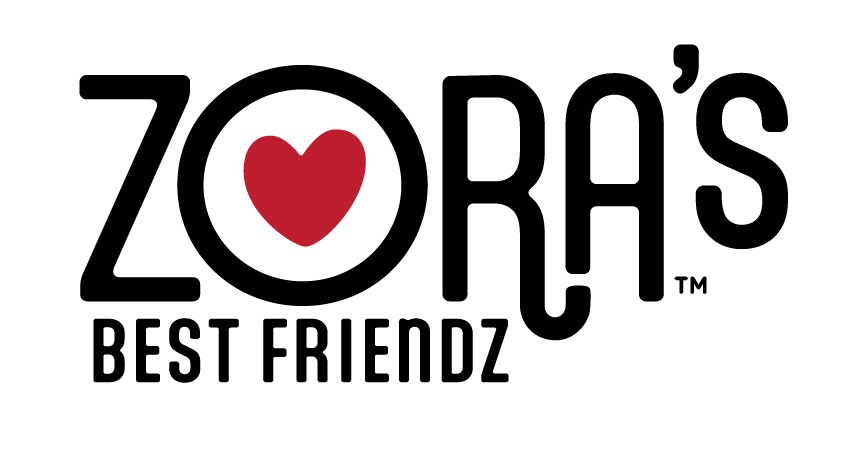
Unveiling the Concerns of Raw Pet Food
From October 2010 to July 2012, the FDA's Center for Veterinary Medicine (CVM) embarked on an extensive study to scrutinize over 1,000 pet food samples for harmful bacteria that cause foodborne illnesses. A significant outcome of this two-year inquiry revealed that raw pet foods are more susceptible to contamination by disease-causing bacteria compared to other pet food types. This finding has stirred concerns about the safety of raw diets for pets and the implications for public health.
The Study’s Scope and Findings
Initially, the study did not include raw pet food. However, recognizing the growing popularity of raw diets among pet owners, the CVM expanded the study in its second year to encompass 196 samples of commercially available raw dog and cat foods. These products were sourced online and directly shipped to six participating laboratories for analysis. Packaged mostly as frozen ground meat or sausage, these raw pet foods underwent rigorous testing for pathogens such as Salmonella and Listeria monocytogenes.
The analysis yielded troubling results: 15 samples tested positive for Salmonella and 32 for Listeria monocytogenes. These findings were alarming, especially considering that no such pathogens were detected in dry exotic pet foods, jerky-type treats, or semi-moist foods tested during the same period. Notably, only one sample of dry cat food tested positive for Salmonella, illustrating a stark contrast in safety levels between raw and most processed pet foods.
Public Health Implications
The presence of these pathogens in raw pet food poses significant health risks not only to pets but also to their owners. Handling or consuming these products can lead to severe infections. Dr. Renate Reimschuessel, a veterinarian at CVM’s Office of Research, emphasized the dual risk to pets and humans, particularly highlighting concerns regarding Listeria monocytogenes—a pathogen not previously investigated in pet food studies.
Preventative Measures for Pet Owners
Given the risks associated with raw pet food, the CVM advises pet owners who opt for these diets to practice stringent hygiene and handling measures:
- Proper Hygiene: Always wash hands thoroughly with soap and water after handling raw pet food, touching potentially contaminated surfaces, or interacting with pets that have consumed such food.
- Cleaning and Disinfecting: Clean and disinfect all surfaces and objects that come into contact with raw pet food. Use a bleach solution as an effective disinfectant.
- Safe Food Handling: Freeze raw pet food until use and thaw in safe conditions. Avoid rinsing raw meats to prevent bacteria from spreading to other surfaces or foods.
- Separation and Storage: Keep raw food separate from other foods to avoid cross-contamination. Store leftovers safely or discard them appropriately.
Beyond the Study: The Broader Context of Pet Food Safety
The study's findings serve as a critical reminder of the inherent risks associated with raw pet food diets. Pet food recalls, both for cooked and raw products, continue to be issued for various safety concerns, including contamination with harmful pathogens. Pet owners are encouraged to stay informed about the latest recall information through the FDA’s Recalls & Withdrawals Web page.
Conclusion
The FDA's two-year study on pet food safety has cast a spotlight on the specific risks associated with raw pet food diets, underscoring the need for careful handling and rigorous safety practices. Zora’s Best Friendz made a conscious decision when developing our treats to use a unique slow roast and freeze dry method to retain nutrients and flavor while ensuring safety for both humans and pets. As pet owners navigate the choices in feeding their pets, understanding the potential risks and implementing recommended safety measures are paramount in preventing foodborne illnesses and ensuring the health of both pets and their human companions. Learn more by reading the FDA article, Get the Facts! Raw Pet Food Diets can be Dangerous to You and Your Pet.



